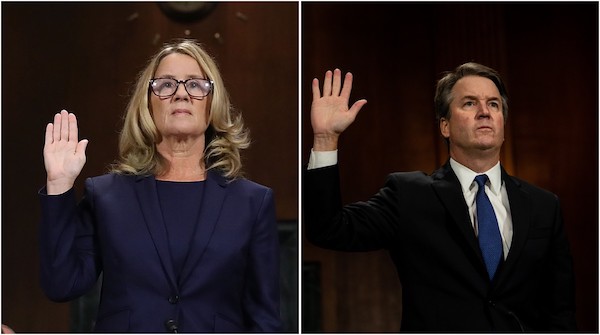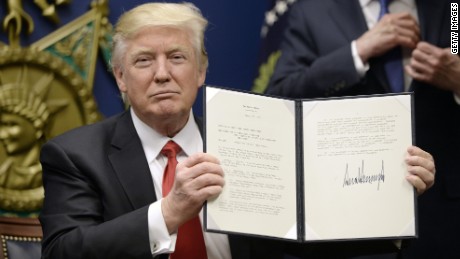
BOGOTA (TIP): In a historic peace pact, Colombia’s government and Marxist FARC rebels reached a final peace deal on Wednesday, August 24, to end a five-decade war which once took the resource-rich country to the brink of collapse.
Under the agreement to end one of the world’s longest conflicts, the Revolutionary Armed Forces of Colombia (FARC) will lay down arms and reintegrate into civilian life.
More than 220,000 people were killed in the conflict, tens of thousands disappeared and millions fled their homes because of the violence. The accord, which was reached after almost four years of talks in Cuba, sparked celebrations in parks and bars in the Colombian capital, Bogota. It will now go to a plebiscite vote on October 2.
“Today I can say – from the bottom of my heart – that I have fulfilled the mandate that you gave me,” said President Juan Manuel Santos, 65, who was re-elected in 2014 on the promise of a peace deal. “Colombians: the decision is in your hands. Never before have our citizens had within their reach the key to their future,” he said in a televised address. Most opinion polls suggest Colombians will back the deal but Santos, who has staked his legacy on peace, will face fierce opposition from powerful sectors of the country who believe the only solution is to finish the FARC militarily. The deal is opposed by two former Colombian presidents, including popular right-wing hardliner Alvaro Uribe.
In Bogota, several hundred people gathered around a giant screen in the rain to listen to the announcement, waving Colombian flags and banners.
Under the deal, the FARC will have non-voting representation in Congress until 2018 and can participate in elections. From then on, the 7,000 former rebels will have to win votes like any other political party, Santos said.
“We have won the most beautiful of all battles” lead FARC negotiator Ivan Marquez said following the announcement in Havana on Wednesday. “The war with arms is over, now begins the debate of ideas.”
The two sides had signed a ceasefire in late June. US President Barack Obama spoke by phone with Santos on Wednesday to congratulate him on the deal, the White House said.
Plebiscite to decide fate of accord on October 2
The deal, opposed by two former Colombian presidents, still needs to be voted on in a plebiscite. Colombia’s president Juan Manuel Santos said Colombians would decide to approve or reject the peace accord in a plebiscite vote on October 2
But the FARC were hit hard by Uribe’s government from 2002, when he launched a US-backed offensive that killed many guerrilla leaders and halved their ranks
The FARC took up arms in 1964 to fight against deep economic and social inequalities and, funded by the cocaine trade and kidnappings for ransom, swelled to as many as 17,000 fighters at the end of the 1990s, controlling large swathes of the country
Grim count of five-decade-old war There are nearly 8 million war victims registered on the government’s official register, the majority of whom have been forcibly driven from their homes by the warring sides
With 6.7 million people uprooted, Colombia has one of the world’s highest displaced populations. Indigenous groups and Afro-Colombian communities have been disproportionately affected by displacement
More than 230,000 children have been forced to flee their homes since peace talks with the FARC began in November 2012
Around 7,850 child soldiers have fought in rebel and paramilitary ranks.
Over the decades, rebel groups have planted landmines to push back government troops making Colombia quite literally a minefield. It’s not known exactly where all the landmines are..
After Cambodia and Afghanistan, Colombia has the third highest number of landmine casualties, with 11,440 people, including civilians, children and soldiers killed or injured by landmines since 1990
Rape has been used as weapon of war by all factions. Around 14,000 women, men and children have been victims of sexual violence
At least 40,000 Colombians have disappeared without trace during the conflict.





Be the first to comment